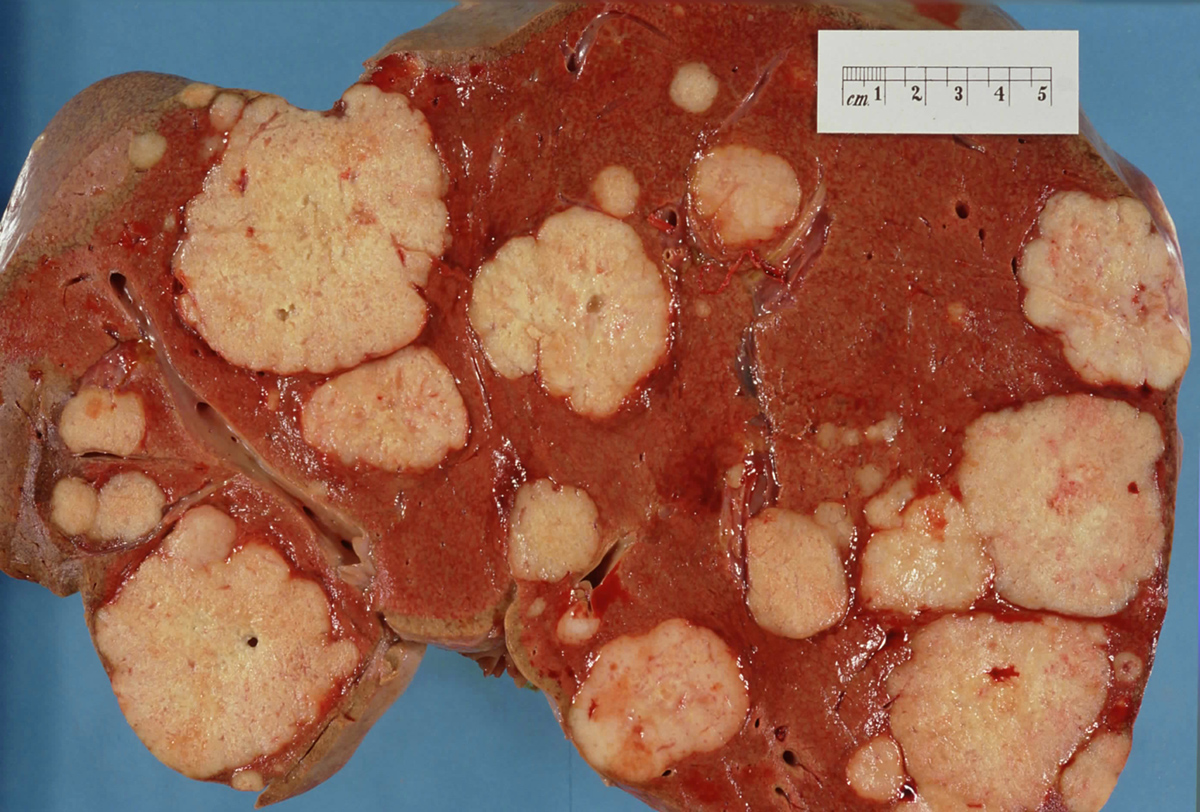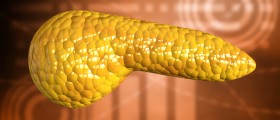
Pancreatic cancer is highly lethal malignant disease mostly diagnosed in later stages of the disease. In spite of several treatment options this type of carcinoma is rather resistant and progresses rapidly. After certain symptoms patient eventually visits a doctor. This tumor can be visualized by MRI or CT scans of the abdomen. Still it is not always clear whether the changes are those of pancreatic cancer. The nearby liver can be affected in the very beginning of the disease. Before performing a surgery a doctor has to be certain if the operation will allow the complete removal of the cancer or there will be remains impossible to be resected. The very location of the pancreas leads to early affection of nearby organs hence makes it difficult for the entire tumor mass to be removed. The presence of the tumor in lymph nodes can be confirmed or ruled out only after the surgery when lymph nodes are patohistologically examined. Given the facts there is no cure for pancreatic cancer but there are treatment options whose goal is to prolong patient's life.
In case of exocrine pancreatic cancer if imaging methods show no spread of the disease the tumor is resected. This way the whole of the tumor is removed together with surrounding lymph nodes. In this case there are two surgical procedures, pancreaticoduodenoscopy or distal pancreatectomy. After the surgery patient is given chemotherapeutics or chemoradiation. These treatment options can be administered even prior the operation. If cancer is advanced there is still an option of surgical resection. However it is only done to unblock the bile duct or to bypass blocked intestines (the consequences of primary tumor). In advanced tumors chemotherapy or radiation therapy are administered. In case of metastases the patient is given chemotherapeutics. In case of metastases majority of chemotherapeutics are inefficient so patients may try to participate in clinical trials with new combinations of chemotherapeutics and target therapies.
Cancer of the ampulla of Vater or hepatopancreatic ampulla can originate from pancreas, duodenum or common bile duct. In this case pancreaticoduodenectomy is surgical treatment of choice. In advanced disease the similar approach as in treatment of pancreatic cancer is conducted. Pancreatic cancer cannot be differentiated from ampullary cancer until after the surgery and patohistological conformation. Even in this case patient is given chemoradiation after the surgery.
Endocrine tumors of pancreas are surgically removed if possible. The very approach depends on the localization and the size of the tumor. In some cases prior the major operation laparoscopic approach is conducted to help with staging of the disease and better localization of the tumor. As endocrine pancreatic tumors releases hormones and active substances into the blood stream causing a variety of symptoms patients are given certain medications to limit the influence of tumor's products. In case that the disease has spread one undergoes another surgery or ablative techniques if there are liver metastases present. In advanced stages and widespread of the disease one may be given chemotherapy.

















Your thoughts on this
Loading...